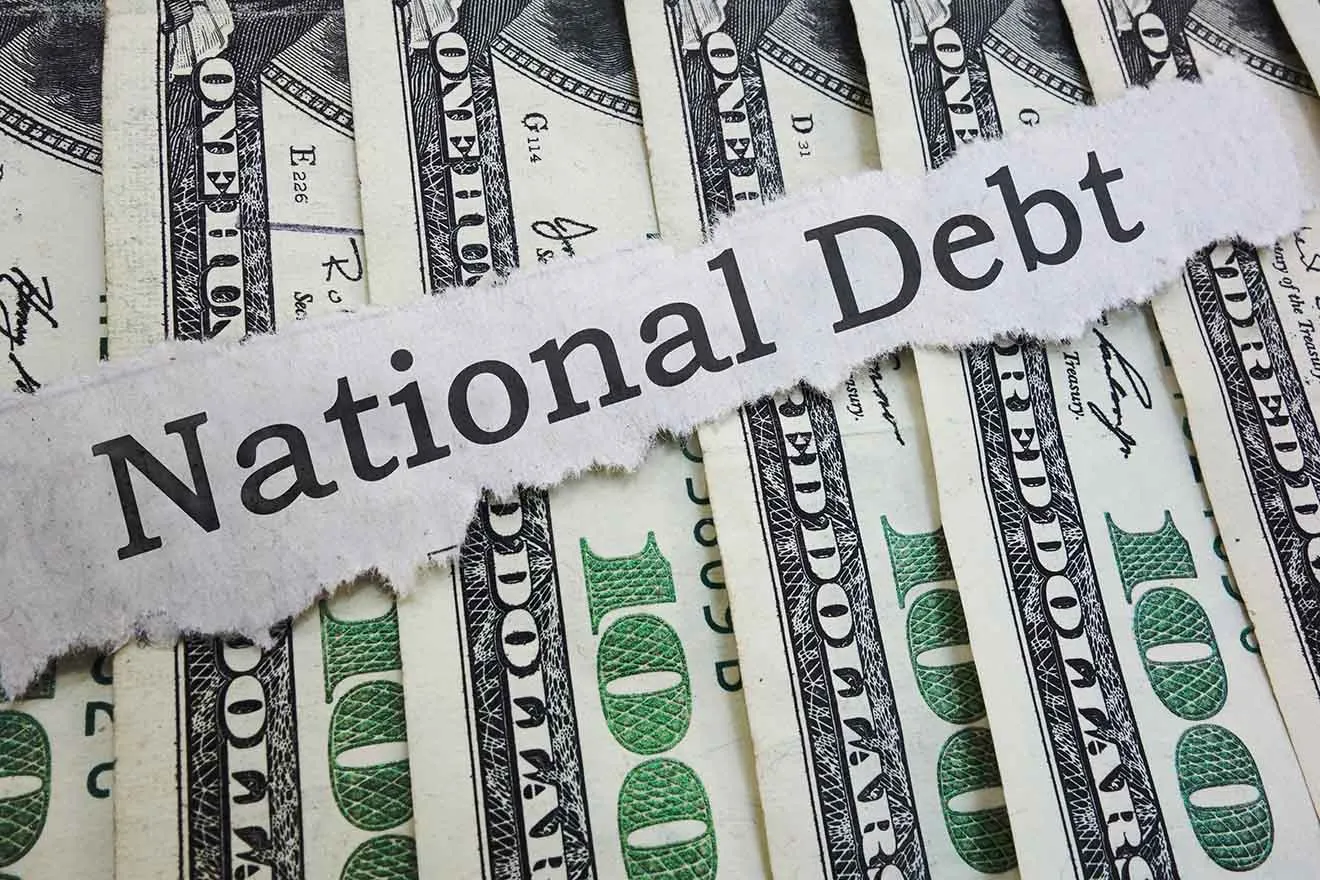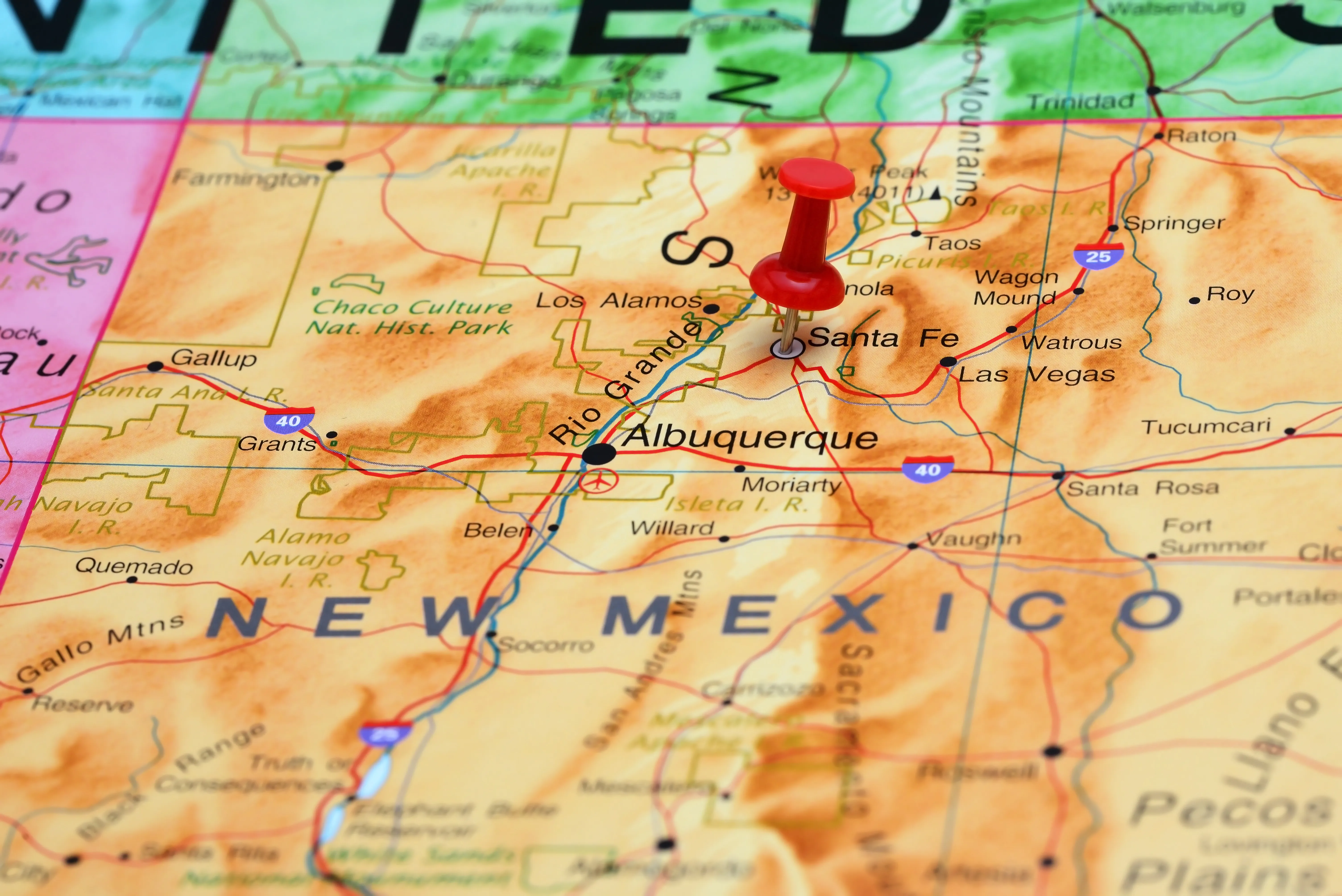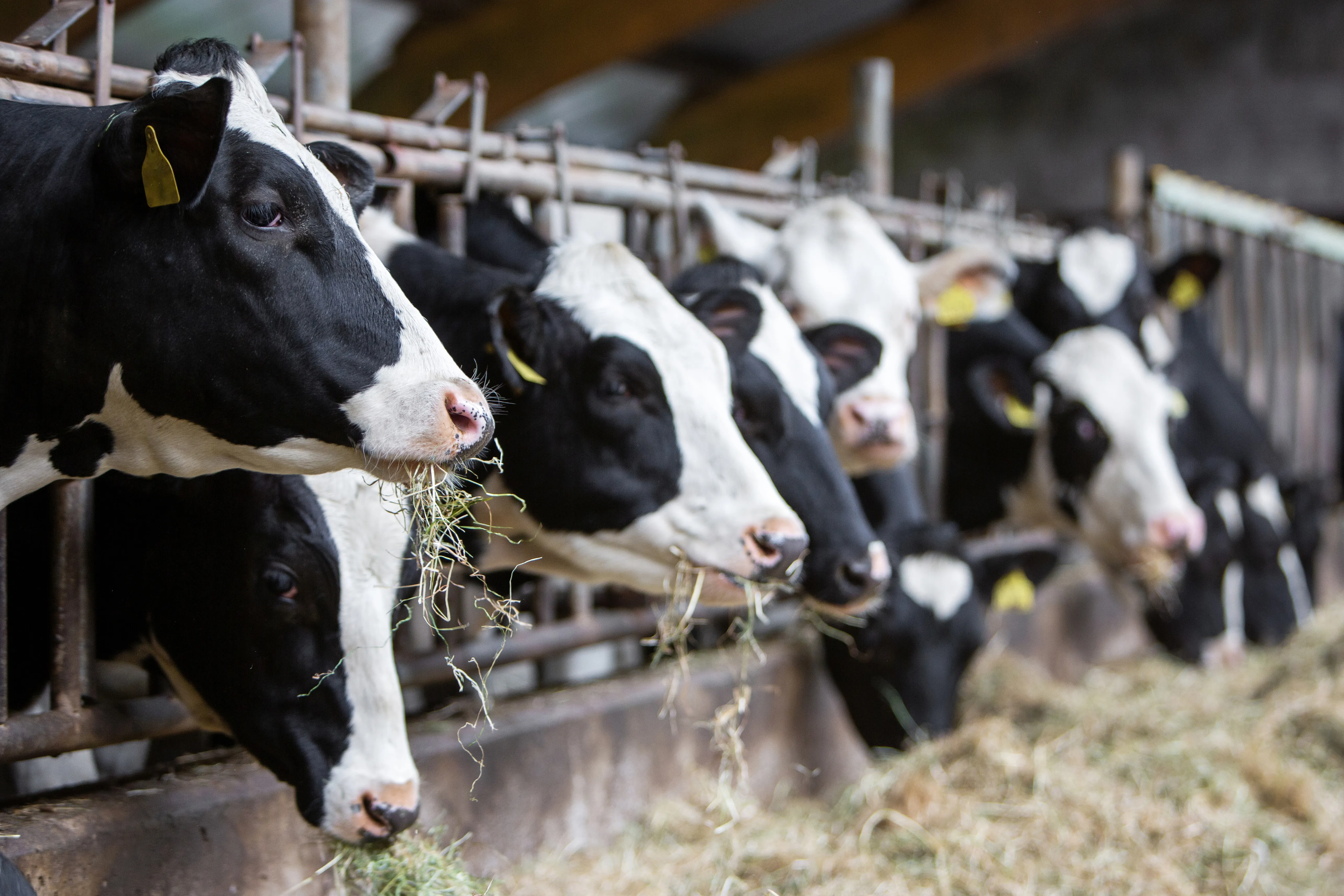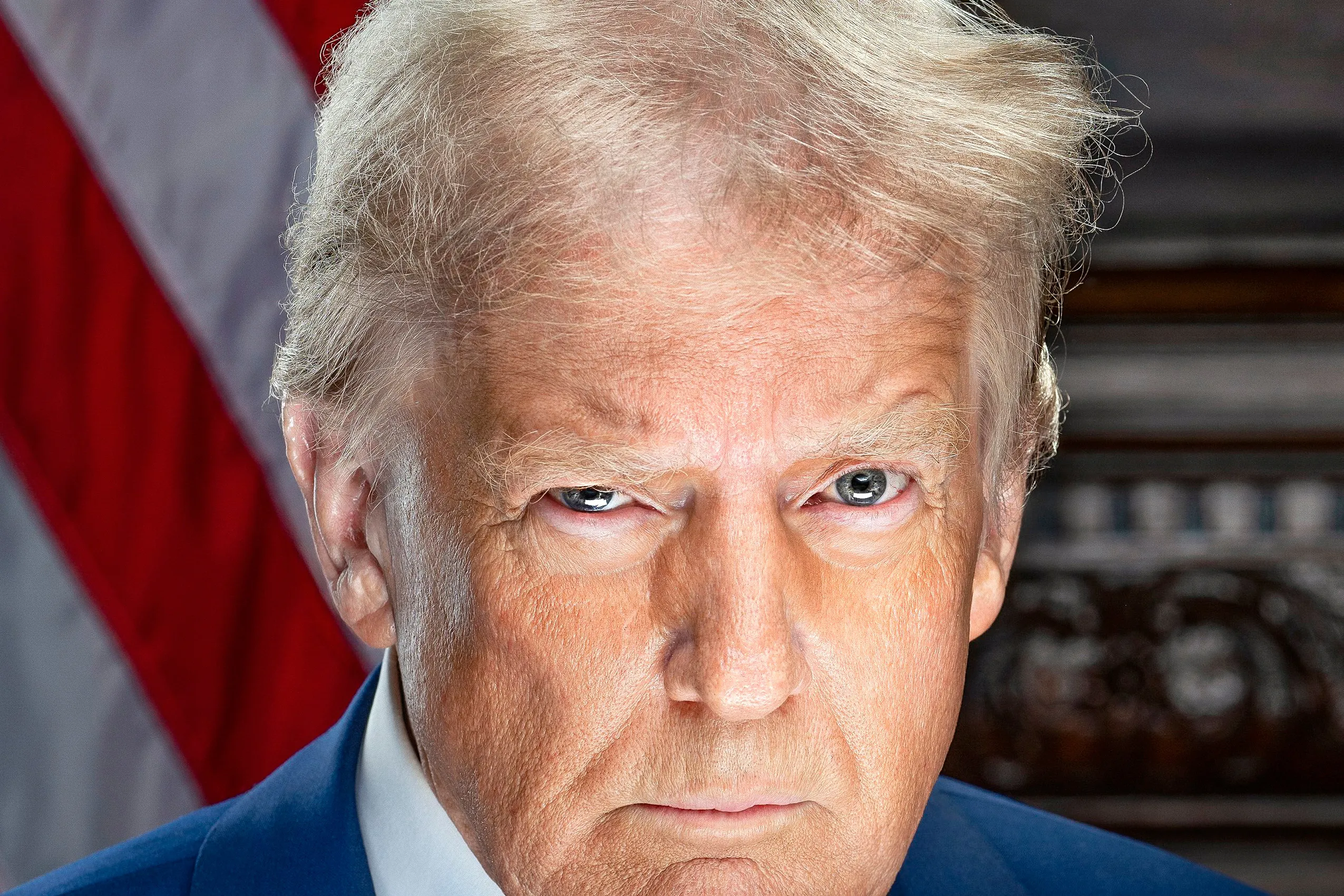
Report: 'Greedflation' primary driver of higher consumer prices
Click play to listen to this article.
(Colorado News Connection) As corporate profits remain at all-time highs, a new report shows that more than half of rising consumer prices in 2023 were caused by corporate greed, or "greedflation."
Elizabeth Pancotti - strategic advisor with the DC-based think tank Groundwork Collaborative - said before the pandemic, corporate profits drove just 11 percent of price growth.
But even after supply chain snarls were resolved, companies chose not to pass savings along to customers.
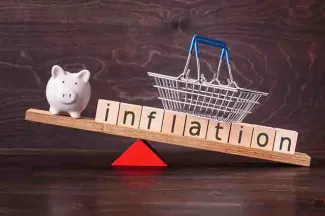
© iStock - Yingko
"Keeping sticker prices much higher than they probably need to be," said Pancotti. "And as a result, they have really padded their bottom lines on the backs of American consumers, to the tune of about 53 percent of inflation being driven by corporate profits for the most recent quarters."
The report echoes analysis by the Federal Reserve Bank of Kansas City which identified price gouging as the driving factor for inflation during the height of the pandemic.
Some economists have argued these price hikes were due to companies bracing for future production costs, while others note corporate CEOs have a legal obligation to maximize profits for shareholders.
Pancotti said while production costs did rise by 1 percent in 2023, consumer prices still rose by 3.4 percent.
She added that for the past three years, CEOs have bragged on shareholder earnings calls about high profits linked to raising prices.
"Even though their wage costs or their input prices have gone up, they are able to completely offset those by charging consumers more," said Pancotti. "So you don't have to listen to us, they've said it themselves."
An economist at a leading global investment bank has warned that greedflation could lead to widespread social unrest.
Pancotti noted that the Trump administration's 2017 tax cuts gave corporations a tax break for profiteering, and those incentives are set to expire in 2025.
Economists at the University of Massachusetts Amherst have also called for temporary price controls to prevent spiraling inflation in future crises.




